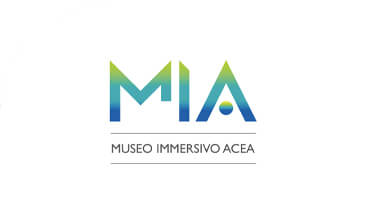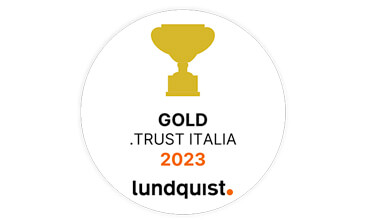The Code of Ethics includes the principles and rules of conduct recognised by Acea as having a positive ethical value, to which all company practices must be referred, with a view to safeguarding Acea’s correctness and transparency, reliability and reputation. The corporate bodies, management, employees, external collaborators and any and all other parties associated with the Acea Group are required to observe these principles, each according to their respective functions, powers and responsibilities. The document also defines the procedures for enforcing and monitoring the Code of Ethics.
In order to be effective, the Code of Ethics is updated on a regular basis, so as to bring it into line with the rules and regulations and reflect any changes in corporate culture and the Group’s organisation. In 2021, Acea’s Ethics Officer together with the Ethics, Sustainability and Inclusion Committee initiated a review of the Code of Ethics. The new edition of the document was approved by the Board of Directors on 9 November 2022, to replace the 2018 version.
In addition to reflecting the regulatory and organisational trend, the revision is designed to make the Code of Ethics more straightforward and applicable, and to allow a broader dissemination of Acea’s principles and values among all the companies and people belonging to the Group. The main interventions concern the integration of benchmark principles and standards associated with projects that are strategic for the Group, with particular regard to sustainability and, specifically, the enhancement of principles associated with ESG issues as:
Acea is committed to disseminating the Code of Ethics and promoting awareness of its contents. Compliance with the Code is, in fact, of fundamental importance for the pursuance of growth and sustainability objectives, business reliability, the safeguarding of the company’s reputation and the contribution that Acea intends to make to the social and environmental context of its operations.
With this in mind, in 2020 we established the Ethics Officer, a collective body whose purpose is not only to manage the reporting system but also to oversee compliance with the values of transparency, legality, fairness and ethical integrity in dealings with all stakeholders. The Ethics Officer supports the company structures appointed to draw up the Code of Ethics, and the Ethics and Sustainability Committee, in monitoring the Code’s adequacy and implementation. The Ethics Officer can propose the adoption and amendment of guidelines and operating procedures, if any, with a view to reducing the risk of Code violations, and can make suggestions to the Committee regarding possible Code of Ethics updates.
Acea, also through the Ethics and Sustainability Committee, monitors observance of the Code and puts in place suitable prevention and control tools and procedures aimed at ensuring transparency of the measures and practices adopted, intervening with ongoing improvement actions where necessary.
The Code of Ethics is the cornerstone of the internal control and risk management system, an integral part of the 231 Organisation and Management Model, the Corruption Prevention Management System and the other systems adopted by Acea and by the Group’s subsidiaries for the prevention of non-compliance.
Discover the latest news and initiatives of the Acea Group

Acea for World Energy Saving Day

Visit the virtual museum about the history of the Acea Group

The channel for the commercial requests on land urbanisation

Acea turns the spotlight on the Rome Film Festival 2023

Acea is in the "Gold class" in the .trust research

Read more about our culture of inclusiveness